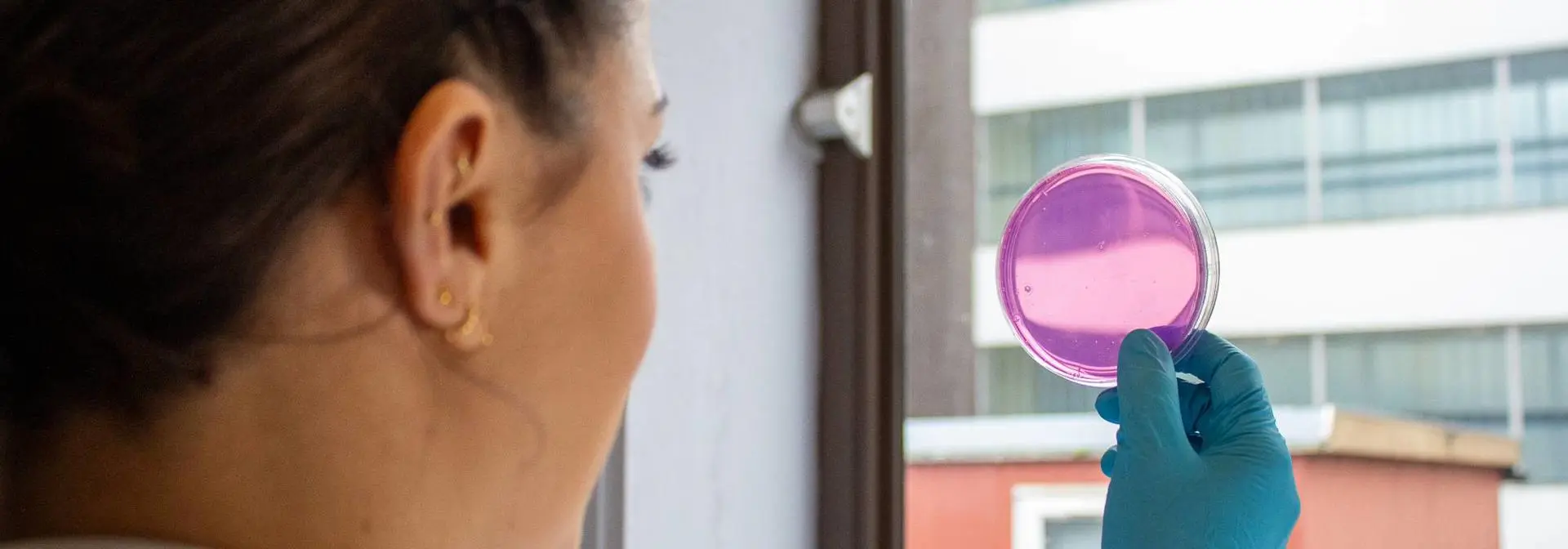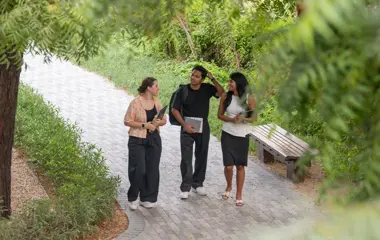Key information
- Funding
- Self-funded
- School
- Energy, Geoscience, Infrastructure and Society
- Location
- Edinburgh
- Delivery type
- Full-time
- Start date
- September
Research on microbial product formation involves a range of bacteria and products which display well the biotechnological possibilities of bacteria. For example, some Clostridium strains ferment carbohydrates to produce useful chemicals such as acetone but yields must be improved to make the technology economic. We are analysing sugar transport into these bacteria, both at the physiological and genetic level, with a view to increasing productivity. We also study bacteria which are toxic to the larvae of insects such as mosquitoes. These bacteria can be used in place of chemical insecticides to control these important vectors of several tropical diseases. In a collaborative project with scientists in Brazil, we developed genetically engineered strains that are highly toxic to Anopheles, the mosquito which transmits malaria.
Research projects
The ability of one cell to become two is a fundamental property of living organisms and the ability to regulate microbial growth lies at the heart of many problems of practical importance. The molecular biology of bacterial growth, in particular the genetics of cell division, is being studied in Escherichia coli, in both normal growth conditions and in stressed situations such as those encountered during food processing.
We are also interested in bacterial growth in various food products, in particular milk spoilage by endospore-forming bacteria that escape pasteurisation and UHT treatments. This has led to the description of new bacteria with highly thermoresistant spores and we have developed DNA-based probes for the detection and identification of these organisms.
Research on lactic bacteria in fermented beverages has led to the description of new species and an appreciation of the contribution of these bacteria to the flavour of distilled beverages, notably whisky.
Entry requirements
Candidate criteria
Contact the School to discuss.
Funding information
| Status | Full Time |
|---|---|
| Scotland | £5,151 |
| England / Wales / N Ireland | £5,151 |
| International | £26,296 |
- Status: Your residency status is usually defined as the country where you have been ordinarily resident for the three years before the start of your course.
- International: 'International' includes applicants from European Union countries who do not hold Pre-Settled or Settled status in UK. (This does not include students from the Republic of Ireland - see above).
We offer a number of competitive funded scholarships for research degrees. Full or partial support may be available for well-qualified candidates from UK research councils, research pools, charities or industry.
View our full range of scholarships.
Why Heriot-Watt
We're the top university in Scotland for graduate outcomes which means that more of our graduates are employed or in postgraduate education than any other institution in the country and we ranked 5th in the UK.
We're also rated number one in the UK for CEO or MD roles, meaning more of our graduates go on to become CEOs or MDs than any other university in the whole of the UK. On top of that, we have beautiful campuses, across the globe, so you'll get a truly international education. Our Edinburgh Campus is home to Oriam, Scotland's National Sports Performance Centre combined with plenty of wellbeing resources, prioritising fitness and mental health for all students. Our Global Research Institutes look at solving real world issues such as climate change and saving our oceans as well as working on the next medical technological breakthrough and the future of AI and robots.

